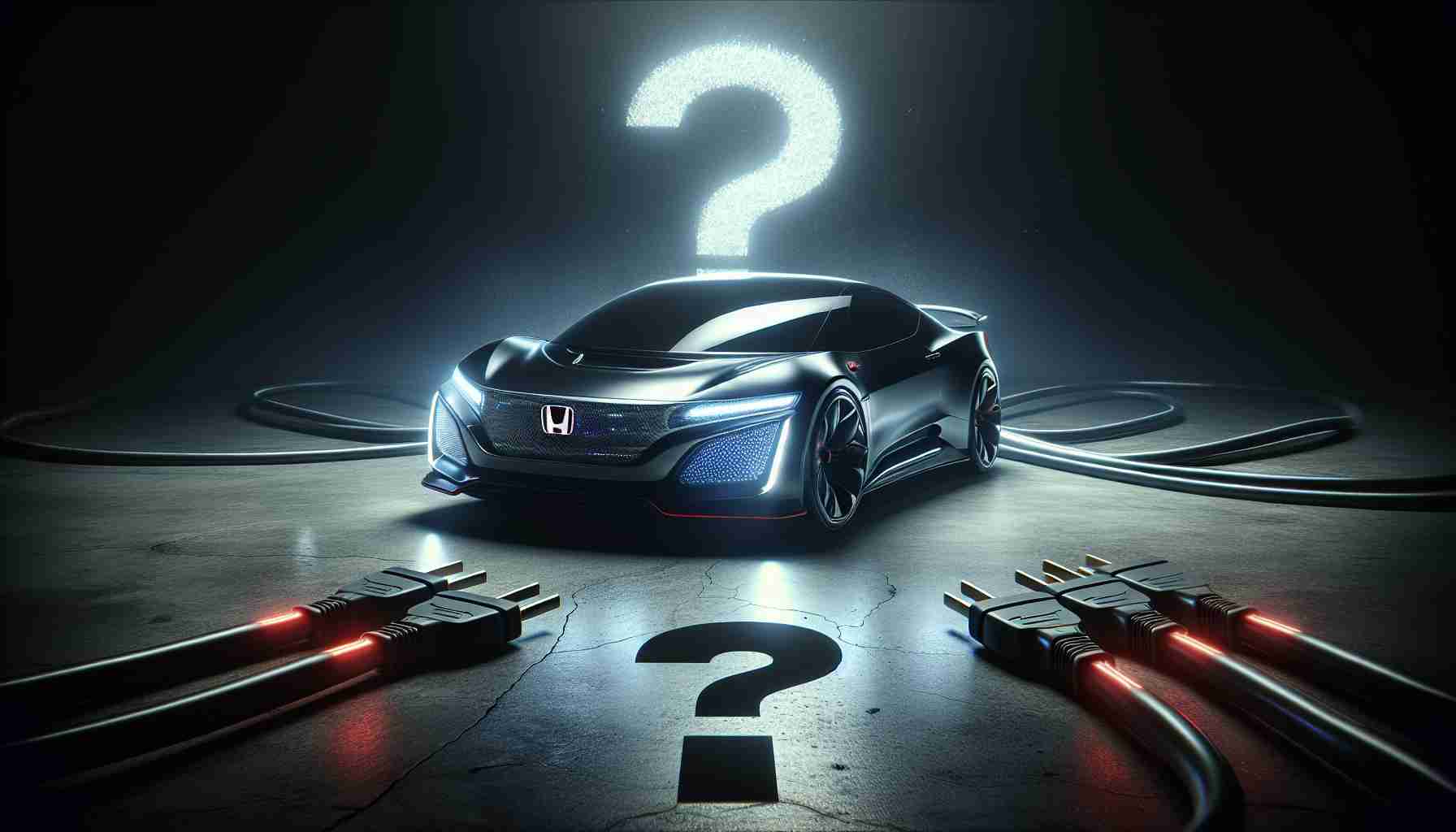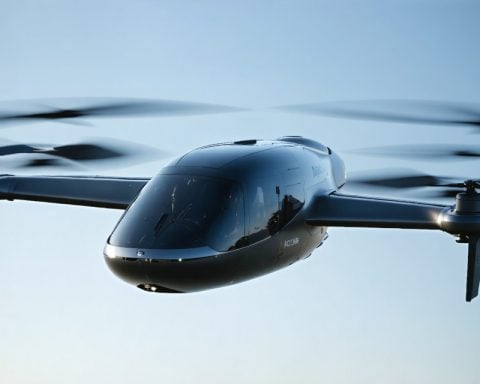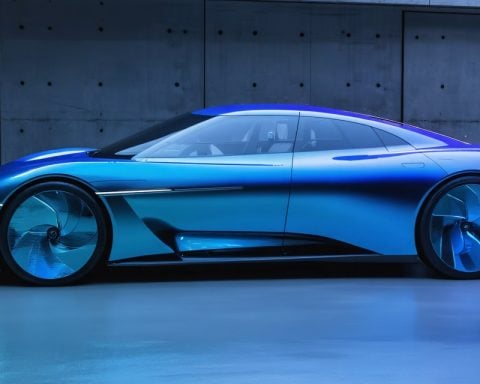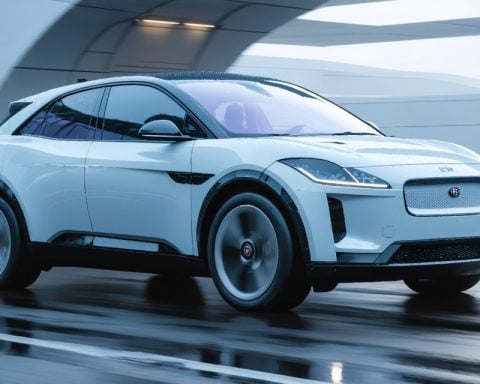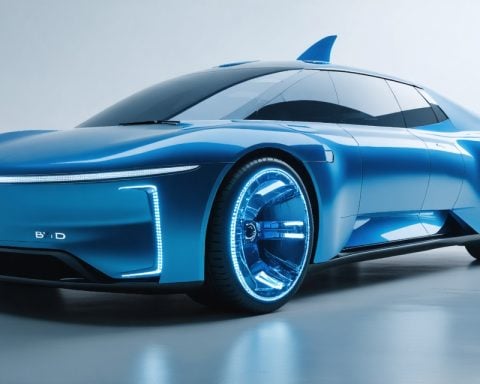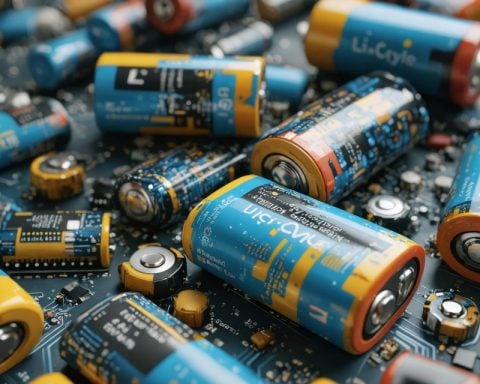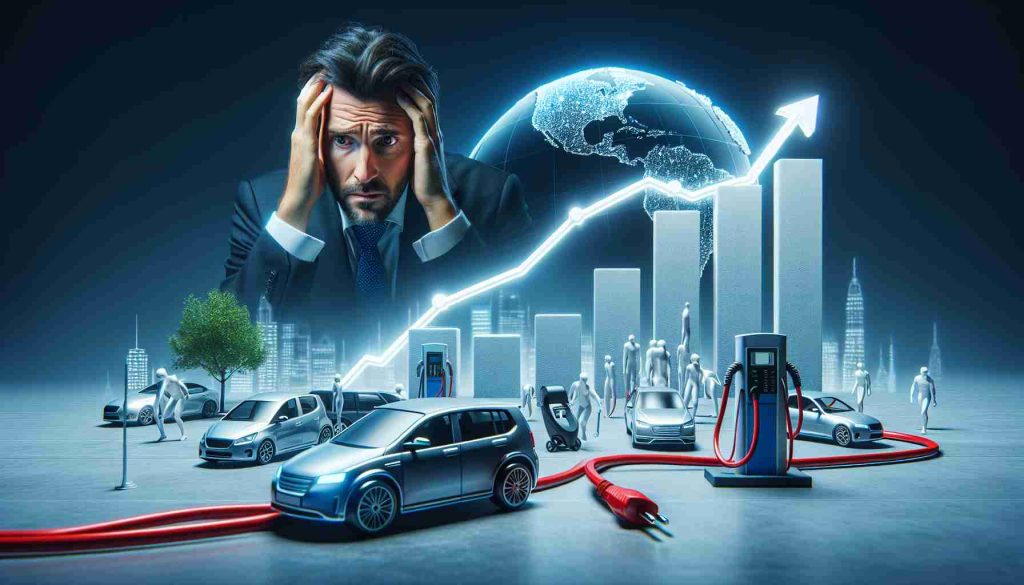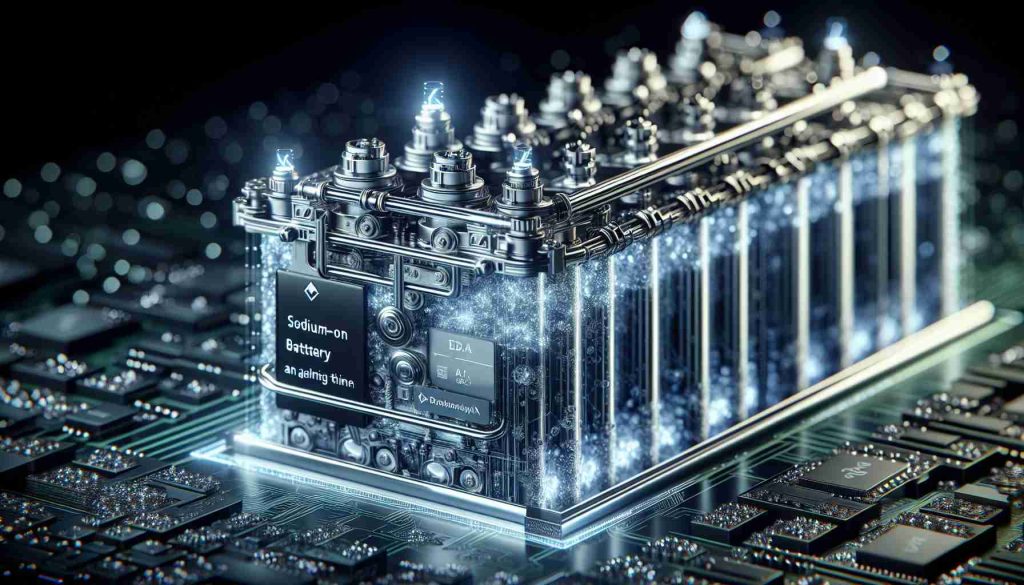Challenges Ahead for Honda’s Electric Revolution
Honda is grappling with the daunting task of transferring the exhilarating driving feel of its iconic Type R from internal combustion to electric power. The automaker is targeting the launch of an all-electric NSX successor by 2027 or 2028, marking a significant shift in its performance vehicle lineup.
The foundation for Honda’s electrification is the anticipated 0 Series EV platform, which will debut with the 0 Saloon and 0 SUV in 2026 from their Ohio facility. As discussions around an electric Type R continue, Honda’s leadership has acknowledged the hurdles that remain. The head of Honda’s BEV Development Centre highlighted that translating the beloved performance attributes of the Type R into an electric format poses considerable challenges.
He emphasized that simply having power isn’t sufficient; the authentic experience encompasses a blend of sound, vibrations, and acceleration. While there are aspirations for an electric Type R, no concrete timeline has been established, leaving enthusiasts in suspense.
Across the automotive landscape, the electric high-performance segment is rapidly evolving, with brands like Hyundai and Porsche leading the charge. However, Honda remains steadfast in its commitment to craft an electric Type R that resonates with the brand’s legacy. As Honda approaches the electrification of its sports cars, the future of the Type R remains one of the most anticipated developments in the automotive world.
The Broader Implications of Honda’s Electric Transition
As Honda embarks on its ambitious journey towards electrification, the ramifications extend well beyond its performance vehicles. The shift from traditional internal combustion engines to electric power fundamentally reshapes industry dynamics and consumer behaviors. Major automotive manufacturers are racing to innovate, driving a societal shift toward sustainability and environmental consciousness. As performance cars transition to electric power, the narrative around automotive culture is changing; enthusiasts are beginning to appreciate the intersection of technology and tradition.
Environmentally, Honda’s electrification efforts highlight the pressing need to address climate change. The move towards EVs can potentially reduce global emissions, marking a significant step towards a greener economy. However, concerns about the sourcing of materials for batteries, and long-term impacts like battery disposal, are critical issues that need attention. As the industry evolves, future trends such as the development of more efficient battery technologies and sustainable materials will be vital.
Looking to the long-term, Honda’s commitment to electrification signifies a shift in the automotive market that is likely to influence not only vehicle design but also manufacturing processes. This transition could lead to job growth in emerging sectors related to electric vehicle technology, while concurrently challenging traditional automotive roles. The significance of these developments shapes not just the automotive landscape, but also reflects broader trends in technology adoption and sustainability efforts, echoing a global movement towards a cleaner, more efficient future.
Is Honda Ready for the Electric Future? Explore the Challenges and Innovations Ahead!
Challenges Ahead for Honda’s Electric Revolution
Honda is on the brink of a transformative journey as it transitions from traditional internal combustion engines to electric vehicles (EVs). The iconic Honda Type R, renowned for its thrilling driving experience, must navigate significant challenges as the automaker endeavors to replicate this excitement in an electric format. By 2027 or 2028, Honda aims to introduce a successor to the NSX, marking a pivotal moment for its performance vehicle lineup.
The 0 Series EV Platform
A cornerstone of Honda’s electrification strategy is the upcoming 0 Series EV platform, set to debut in 2026 with the introduction of the 0 Saloon and 0 SUV from their Ohio factory. This platform will lay the groundwork for future models and is anticipated to integrate advanced technology that enhances performance. The 0 Series is expected to offer a range of features aimed at improving efficiency, driving dynamics, and overall user experience.
Innovations in Electric Performance
Honda’s leadership is acutely aware that innovating the driving experience of the Type R will require more than just raw power. The sound, acceleration, and tactile feedback that define the Type R must be translated into the electric realm. Honda’s efforts will likely include advanced sound design to emulate engine noise and feedback mechanisms to replicate the vibrations felt in traditional vehicles. These innovations aim to address one of the biggest challenges in the EV market: maintaining the emotional connection that drivers have with their cars.
Market Trends and Competitor Landscape
As the electric performance segment accelerates in growth, brands like Hyundai and Porsche are setting high benchmarks with their own electric sports models. Honda finds itself in a race not just to catch up, but to redefine its own legacy through electrification. According to industry analysts, the demand for high-performance electric vehicles is set to increase, making it crucial for Honda to deliver a product that both excites consumers and upholds the brand’s storied history.
Anticipated Features and Specifications of Future Models
While specific details about the forthcoming Type R model remain scarce, elements to expect may include:
– Advanced Battery Technology: Utilizing the latest in battery design to ensure greater range and quicker charging times.
– Regenerative Braking Systems: Enhancing efficiency and providing a connected driving experience.
– Customizable Driving Modes: Allowing drivers to tailor their vehicle’s performance characteristics according to their preferences.
Sustainability and Security Aspects
Honda is not only focusing on performance but also on sustainability, aligning with global trends toward greener mobility solutions. The company’s commitment to reducing its carbon footprint includes innovations in battery recycling and sustainable materials in vehicle production. Furthermore, with increasing concerns over vehicle cybersecurity, Honda is expected to implement robust security measures to protect user data and enhance vehicle safety.
Pros and Cons of Honda’s Electric Future
Pros:
– Innovative electric performance vehicles can attract a new generation of environmentally conscious consumers.
– Leveraging Honda’s engineering pedigree to redefine driving pleasure in an electric context.
– Potential for cost savings through new manufacturing techniques and sustainable practices.
Cons:
– The inherent challenge of transitioning a traditional driving experience to electric.
– Intense competition from established electric brands may pressure Honda’s market entry.
– Consumer skepticism about the performance of electric vehicles compared to their combustion counterparts.
Final Thoughts
As Honda navigates the complexities of creating a high-performance electric lineup, particularly with its Type R model, the automaker stands at a crossroads of innovation and tradition. While no firm timeline exists for an electric Type R, the anticipation among enthusiasts remains high. With a commitment to marrying performance with sustainability, Honda is poised to make significant strides in the evolving landscape of electric vehicles.
For the latest updates on Honda’s electrification efforts, visit Honda’s official website.
